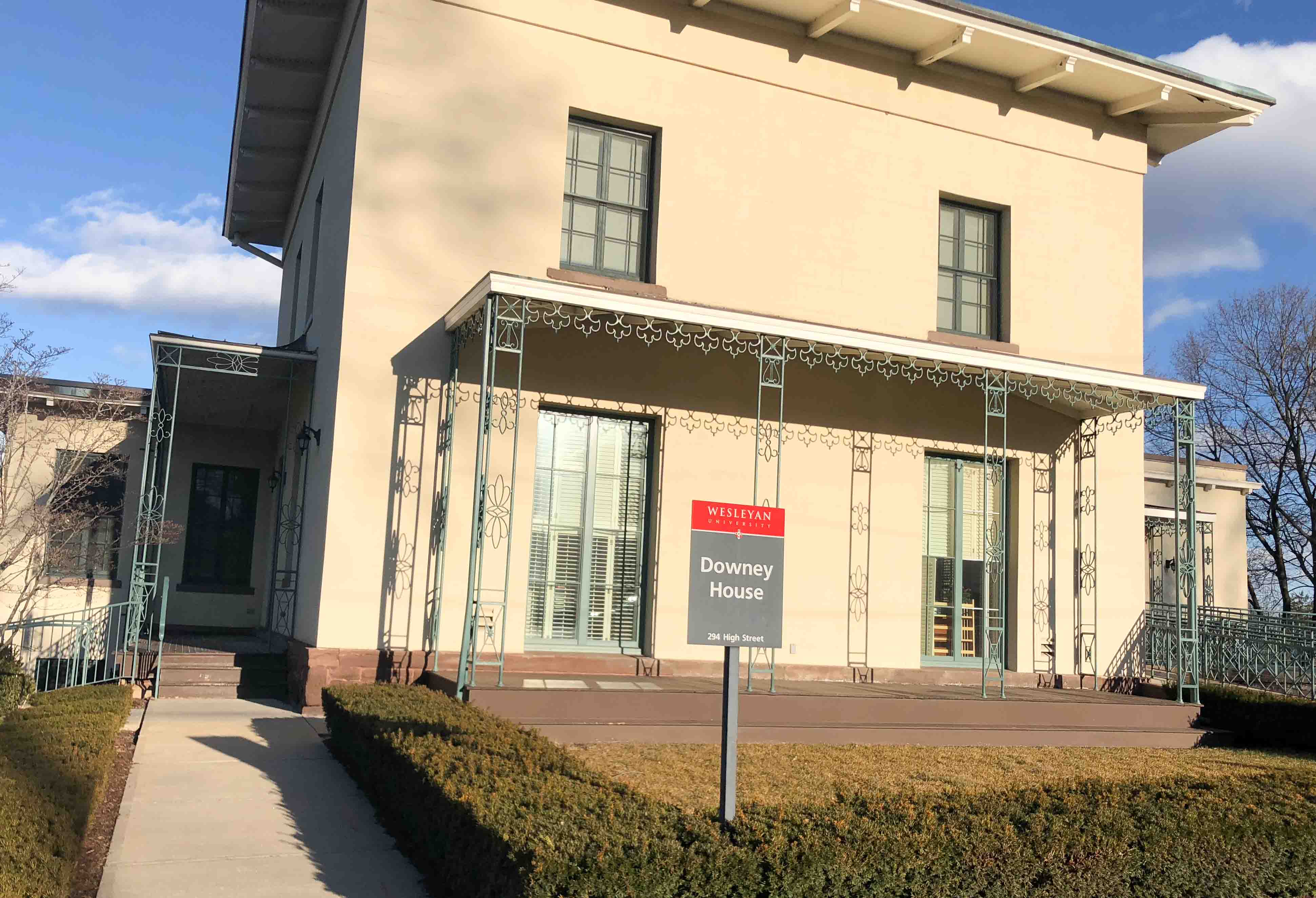
The Educational Policy Committee (EPC) approved changes to the English curriculum and major on Feb. 21, effective for the class of 2023 and on per University policy. These changes will not affect any current English majors or anyone currently enrolled who plans on majoring in English.
The changes will expand the focus of the major beyond American and British literature, simplify the number of concentrations from its current five to two concentrations—Literature or Creative Writing—add a new Literary History requirement, and add a creative writing requirement to the major. English Curriculum Coordinator & Professor of English Matthew Garrett and Assistant Professor of English Lily Saint began crafting a proposal to change the major requirements in March 2018, and then took it to the English Department to give their input on the proposal before it was brought before the EPC.
“The Department is generally alive to changes in the fields of literary studies, as well as to changes in the Wesleyan English faculty themselves,” Garrett wrote in an email to The Argus. “New hires over the past decade, the development of new courses, and changes in the way we all teach led to our reflecting on what the current curriculum does well and what a new curriculum might do better.”
To replace the major’s current “Literatures of Difference” requirement, the new major will have a “Literary Geography” requirement with one course each required in American Literature, British Literature, and World Literatures. The World Literature requirement will give the major a wider scope in addition to its current focus on British and American literature.
“[The new category] does not reduce the focus on British and U.S. literature, but instead expands the focus to include literatures outside the core of these historical empires,” Garrett explained. “The new category of World Literatures takes account courses taught in African literatures, South Asian literatures, and Caribbean literatures, among others—areas that have been excluded from the formal curriculum until this point.”
The current major currently has five concentrations majors can choose from, but students tend to funnel into the Creative Writing and Theory & Literary Forms concentrations. The Department hopes the two simplified concentrations, Creative Writing and Literature, will alleviate some confusion students have with the current concentration system. The Literature concentration will require 4 English courses numbered above 201 in any area, and the Creative Writing concentration requirements will remain the same.
The revised major adds a Literary History III requirement that covers 1870 to the present and expands its Literary History II requirement from 1660-1850 to 1660-1870 in addition to the Literary History I requirement of pre-1660 literature. Courses can count for both a Literary History requirement and a Literature Geography requirement, allowing students to complete all six Literary History and Literary Geography requirements with as few as three courses.
“The new Literary History requirements will, we hope, help students think historically: to see history as an ongoing concern, not just a matter of the past—but rather of how the literary past is connected with the literary present, and how to think about the relationships between historical epochs,” Garrett wrote.
With the addition of the Creative Writing requirement, the Department hopes to reflect its belief that creative writing is integral to the overall study of English. Creative writing courses can count as fulfilling both the major requirement and the creative writing concentration.
“[T]he new major also reinforces the fact that the English Department is the real home of Creative Writing at Wesleyan, and that the English faculty see Creative Writing to be inseparable from the work we do here in literary history, criticism, and theory,” Garrett wrote.
Jocelyn Maeyama can be reached at jmaeyama@wesleyan.edu.


Leave a Reply